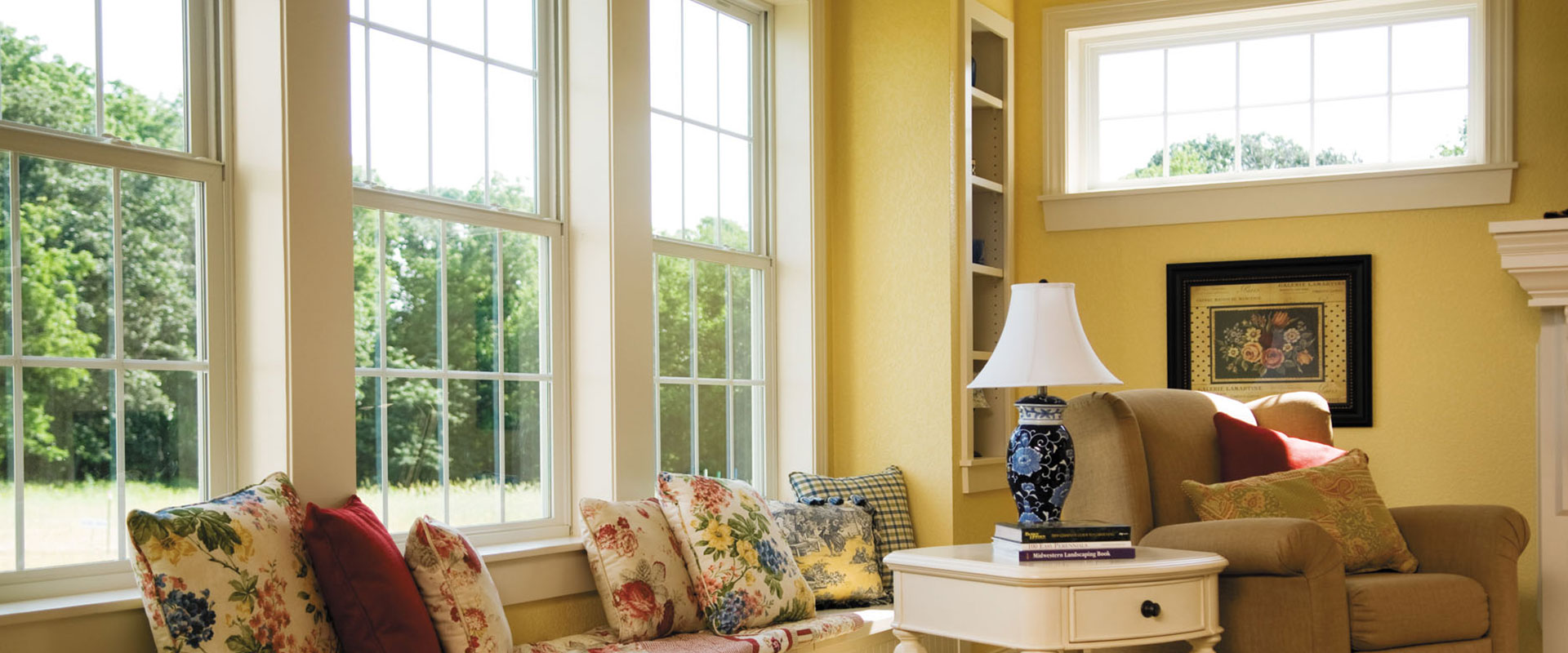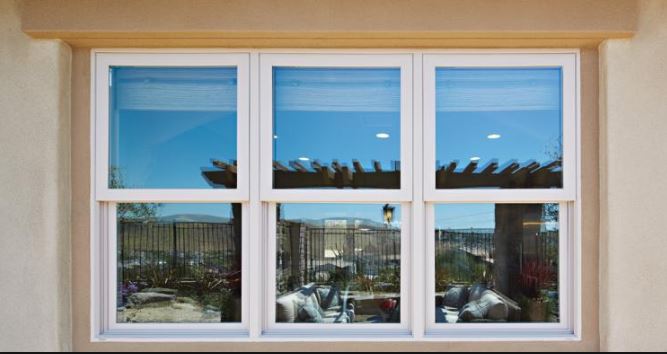Upgrade Your Home With Energy-Efficient Home Window Substitutes
In the world of home renovation, the choice to update to energy-efficient home window substitutes can substantially influence both the capability and aesthetic appeals of a house. Beyond the surface level of mere aesthetic appeals, energy-efficient home windows use a multitude of advantages that go past plain curb allure.
Benefits of Energy-Efficient Windows

The installment of energy-efficient windows offers significant financial savings on utility costs while improving ecological sustainability. Energy-efficient windows are designed to lessen heat loss and gain, lowering the need for home heating and cooling systems to function overtime. By efficiently shielding the home, these windows assist maintain a comfy interior temperature year-round, resulting in reduced power usage and reduced utility prices. In addition, energy-efficient windows can aid control dampness levels within the home, lowering the risk of mold and mildew and mildew development.
Beyond the monetary advantages, energy-efficient windows contribute to environmental sustainability by decreasing carbon emissions connected with energy manufacturing. Overall, investing in energy-efficient home windows not only improves the convenience and efficiency of a home however likewise aligns with environmentally conscious techniques.
Kinds Of Energy-Efficient Glass
Numerous advanced types of energy-efficient glass deal unique homes that cater to different needs and preferences in boosting the sustainability and efficiency of structures. Triple-pane glass, consisting of three layers of glass with insulating gas in between them, gives improved thermal insulation, making it extremely energy-efficient. Additionally, self-cleaning glass with a special finish that damages down and loosens up dust when exposed to sunlight can minimize upkeep demands and maintain windows looking tidy.
Factors to Think About When Choosing
When pondering energy-efficient home window replacements, it is essential to meticulously evaluate certain variables that align with your sustainability objectives and preferred energy savings. One vital factor to take into consideration is the window's energy efficiency scores, such as the U-factor and Solar Warmth Gain Coefficient (SHGC) The U-factor steps how well the home window shields, with reduced numbers showing far better insulation, while the SHGC indicates the window's capability to block warmth from sunlight. In addition, the home window structure material plays a considerable role in power performance. Materials like fiberglass, vinyl, or timber with thermal breaks are outstanding selections for minimizing warm transfer. Another vital factor to consider is the home window style and orientation worrying sunlight exposure. Picking the right home window design and tactically placing them can make best use of all-natural light while reducing warmth gain or loss. Finally, setup quality is key to making the original source certain the windows do as intended. Correct setup assists prevent air leak, making certain ideal power effectiveness. By very carefully evaluating these variables, you can select energy-efficient home windows that improve comfort, decrease energy expenses, and benefit the atmosphere.
Installation and Maintenance Tips

Normal upkeep is crucial to protecting the efficiency of your energy-efficient home windows. Evaluate the home windows periodically for any kind of indicators of wear, damages, or sealer damage. Clean the structures, tracks, and glass frequently using mild soap and water to get rid of dirt and grime that can affect efficiency. Inspect the weather-stripping and seals for any type of spaces or tears and change them if needed to maintain the windows' power performance.
On top of that, lubricate relocating parts such as joints and locks to make sure smooth operation. By following these setup and maintenance tips, you can improve the power efficiency of your home and prolong the lifespan of your energy-efficient windows.
Cost-Benefit Evaluation of Updating

Energy-efficient windows are developed to minimize heat transfer, reducing the need for home heating and cooling down systems to function overtime. This can lead to considerable savings on energy bills, specifically in areas with extreme temperature levels. In addition, energy-efficient home windows can improve the overall worth of your home, making it a lot more appealing to potential buyers if you choose to sell in the future.
When calculating the cost-benefit analysis, consider the prospective financial savings on energy bills, any available incentives or discounts, and the life-span of the home windows. While the initial cost bay window replacement cost might be higher, the long-term savings and benefits of energy-efficient windows make them a smart investment for homeowners looking to boost their property's power effectiveness and worth.

Conclusion
To conclude, upgrading to energy-efficient window replacements uses numerous benefits such as minimized energy consumption, enhanced comfort, and price savings. By selecting the appropriate kind of energy-efficient glass and considering aspects like framework product and installation, house owners can make best use of the performance of their windows. Normal maintenance and appropriate setup are essential for long-term performance. In general, the cost-benefit evaluation of updating to energy-efficient home windows reveals that the first financial investment can lead to significant savings in the future.
When contemplating energy-efficient window replacements, it is imperative to carefully evaluate specific elements that align with your sustainability goals and preferred power savings. The U-factor steps exactly how well the window shields, with reduced numbers indicating better insulation, while the SHGC suggests the home window's capacity to block warm from sunshine. By thoroughly assessing these factors, you can pick energy-efficient windows that enhance convenience, minimize energy costs, and profit the atmosphere.
While energy-efficient windows may have a greater ahead of time expense compared to conventional windows, the long-term advantages commonly exceed the preliminary investment.In conclusion, updating to energy-efficient home window replacements offers countless advantages such as decreased energy consumption, raised comfort, and cost financial savings.